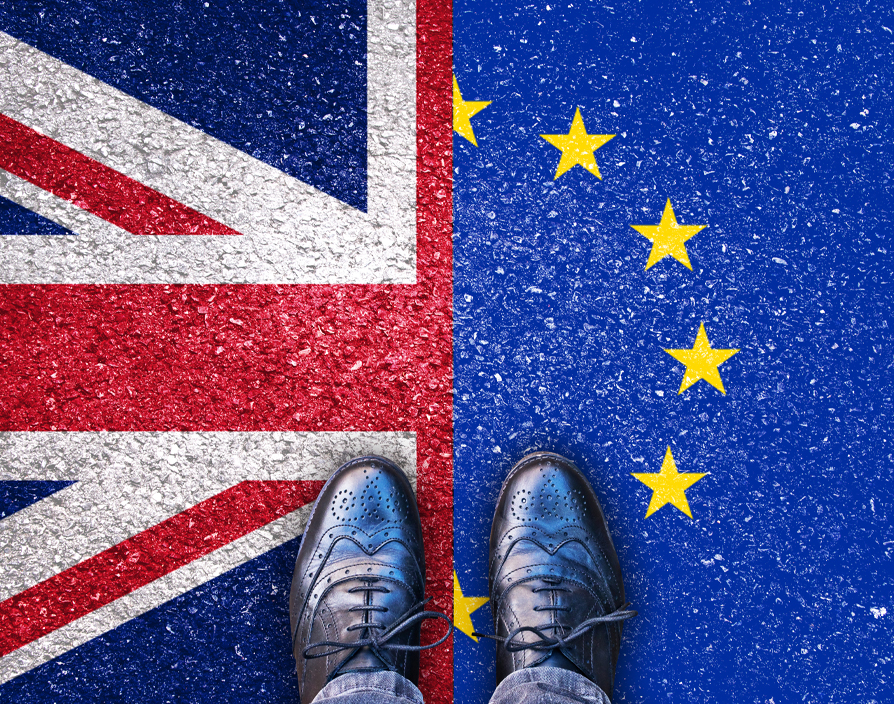The markets don’t like uncertainty. Big conglomerates and SMEs alike want things to be predictable so that they can plan ahead, lay down strategies and focus on growing their brands. However, with all the back and forth surrounding Brexit, business leaders are getting anything but a reliable vision of how the future will look like. Now, the markets are reacting to the latest Westminster wrangles and it does not look great.
The last few weeks have been wrought with MPs arguing about Theresa May’s proposed divorce deal with the EU. Following several bleu on bleu bouts and criticism from across the aisle about the deal, the prime minster has responded by delaying a vote on her Brexit deal until she’s gone back to Brussels to change it. Given how May herself admitted that the current deal “would be rejected by a significant margin” by parliament, it’s understandable why she’d like to go back to the EU.
However, the markets were hardly happy about more uncertainty. For instance, figures from Bloomberg suggested on Monday December 10 that there was a 50% chance the sterling will drop to $1.2370, roughly 1.5% lower than the Friday spot price.
These figures seemed to have some meat to them as of Tuesday December 11, the BBC reported that the sterling had dropped by 1%, putting it at its lowest levels since April 2017.
The drop in the sterling may also be a symptom of how the general business ecosystem feels about the further delays in settling the UK’s exodus from the EU. Commenting on May’s decision to go back to Brussels, Adam Marshall, director general of the British Chambers of Commerce, said: “Firms are looking on with utter dismay at the ongoing saga in Westminster and express concern that politicians are seemingly acting in their own interest, with little regard for the millions of people whose livelihoods depend on the success of UK business and trade. Many business leaders will be intensely frustrated by yet another delay in this drawn-out process, which impacts real-world business conditions, not least currency markets.”
With the sterling plummeting and many business authorities venting their frustration like this, it’s clear the 2016 referendum will continue to affect UK SMEs for some time still. ![]()
Share via:








































